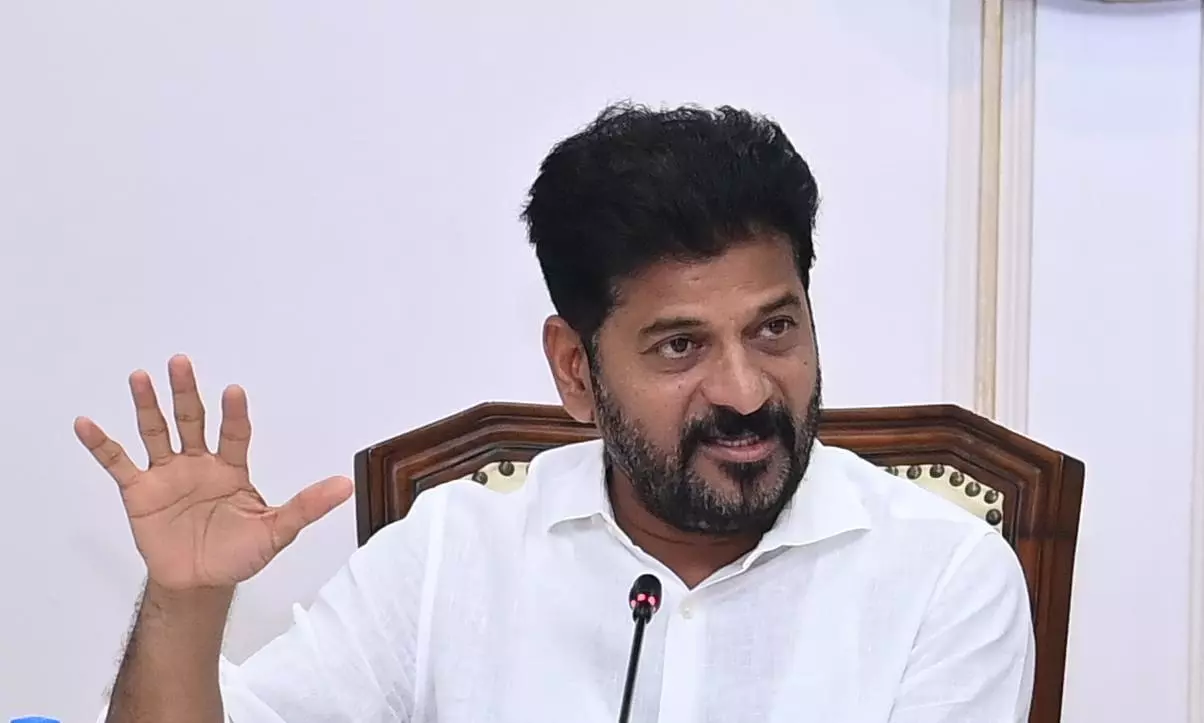Amrutha Avasarala, Pune
The state Government of Telangana is actively carrying out a drive of farmers loan waivers. Three phases were carried out between July 18th to August 15th, 2024. Funds worth 10,000 Crore Rupees were raised through bonds via the Reserve Bank of India.
In the next phase, the finance department is expected to raise an amount of 9,000 Crores, to facilitate a festive gift loan waiver for farmers during Dasara. The sum of 6,000cr is to be raised in a similar way and the rest 3,000 is to be funded through state’s own resources.
5.54 lakh farmers were recognised by the state’s agriculture department who have not been benefited under the previous three phases. The farmers were unable to be included in the prior phases on account of mismatch of Aadhar card and the bank accounts, identity card issues or ration card issues.
“Family grouping exercise” is being undertaken which treats a family as a single unit and identifies the farmer beneficiaries accordingly. The criterion is to possess a loan worth rupees 2 lakh or less.
Loan waivers were a promise made by the congress during their assembly campaigns. So far, 22.38 lakh farmers have been benefited with a loan waiver worth 18,000 crores in three phases.
The phase one, which was carried out on July 18th, accounted for Rs. 6,098.93 crores helping 11,50,193 farmers with loans upto one lakh rupees. The second phase was carried out on July 30th worth Rs. 6,190.01 crores benefiting 6,40,823 farmers with loans ranging between 1- 1.5 lakhs. The third phase on August 15th of worth rs. 5,644.23 crores was credited to 6,40,823 farmers with loans ranging from 1,5 to 2 lakh rupees.
This initiative of the current Congress government under Chief Minister Revanth Reddy, was a promise under their election manifesto. Congress party overthrew Bharat Rashtra Samithi’s incumbent government which held authority for a decade since the bifurcation of Andhra Pradesh and Telangana.
The initiative faced numerous conflicts and difficulties in the course of its implementation, challenging the criterion, after effects and long term results, throughout since its phase one planning and fundraising.
